New Nissan Leaf is a tech tour de force
Second-gen Leaf India bound this fiscal; gets a larger 40-kWh lithium-ion battery pack.
Nissan has taken the wraps off the second-generation of its popular EV, the Leaf in Japan. Nissan has sold as many as 2.83 lakh units of the first-generation Leaf EV that went on sale internationally back in 2010 which easily makes it the most popular EV sold globally.
The second-gen Leaf will go on sale internationally next year. Nissan is also planning do a pilot run of the Leaf in India this fiscal to explore viability.
In order to take the competition head on, which now includes a long list of rivals, Nissan has determined that the car must have a real-world range of more than 322km, be fun to drive and have a design that appeals across the board.
At launch, claimed range for the Leaf will be about 379km. This is 179km better than the NEDC figure for the 24kW base version of the outgoing car and even beats the current 30kW range- topper by 129km. It would also rank the Leaf comfortably ahead of mainstream rivals such as the BMW i3 and Volkswagen e-Golf, which claim no better than 300km. The key contribution to this improvement is the fitment of
a higher density lithium ion battery pack. The new car uses an evolved platform that features a floor-mounted battery, which is physically no larger than that of its predecessor but holds more ions to offer 40kWh of energy. The electric drivetrain now sends 140hp to the front wheels. That is 40.4hp more than today’s 30kW range-topper and enables it to accelerate from 0-100kph in about eight seconds. Compare that to the 11.5sec required by today’s quickest Leaf and you can see how dramatic a shift in driving characteristics the Mk2 promises.
The new car’s design, which was penned at Nissan’s technical centre in Atsugi, should appeal to far more people, having been heavily inspired by the IDS Concept that, as you may have noticed, also influenced the well-received new Micra.
The new Leaf’s sleeker shape also ensures it is slipperier through the air. Nissan claims a drag coefficient of 0.28, identical to that of the old model, but that comes despite the new car being 20mm wider and 35mm longer. Efficiency is boosted because it sits 10mm lower and wears an underside that features channels to control air vortices.
Inside the new Leaf you’ll notice many features from the all-new Micra.
The steering wheel and several dashboard lines are familiar and the first Leaf’s blue-accented rotary switch to control the drive direction remains.
The new Leaf makes up with a ground in the tech department with a raft of new autonomous features. These include a next-gen Propilot system that’s based around adaptive cruise control and can bring the car to a stop, and (a first for Nissan) an automatic parking function, called Propilot Park.
The tech feature that’s been given the brightest spotlight in the run up to the launch is the e-Pedal. Nissan says the system, which encourages one-pedal driving, is a world first.
What sets the Leaf’s e-Pedal apart is that it combines the resistance of the car’s front-axle regenerative braking system, which is twice is powerful as the first-gen car’s, with the brakes. With e-Pedal on (it can be switched off so the car coasts in a more conventional manner, should you want it to) the Leaf decelerates with up to 0.2g of force, enough to bring the car to a complete stop and negating the use of the brake pedal in around 90 percent of urban driving.
RELATED ARTICLES
Bosch hydrogen engine tech-powered truck to be on Indian roads this year
The global supplier of technology and services is betting big on both electromobility and hydrogen. While announcing the...
IIT Bombay inaugurates Arun Firodia Research Floor
IIT Bombay, one of India’s top technical and research institutions, honours Kinetic Group chairman Dr Arun Firodia, one ...
Maruti Suzuki expands capacity at Manesar plant by additional 100,000 units
New assembly line at Plant A expands total manufacturing capacity at the Manesar plants to 900,000 units per annum. Alon...





 06 Sep 2017
06 Sep 2017
 4152 Views
4152 Views



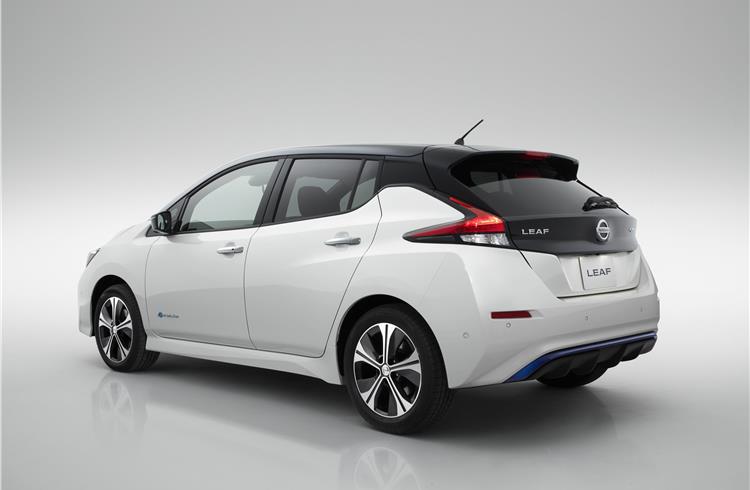
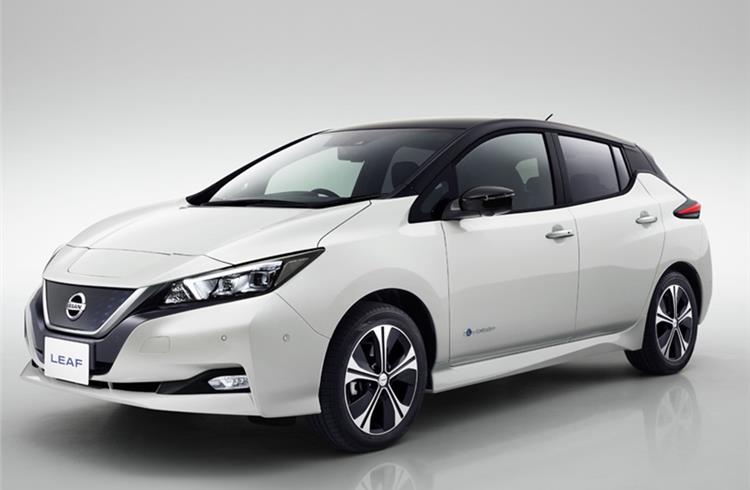
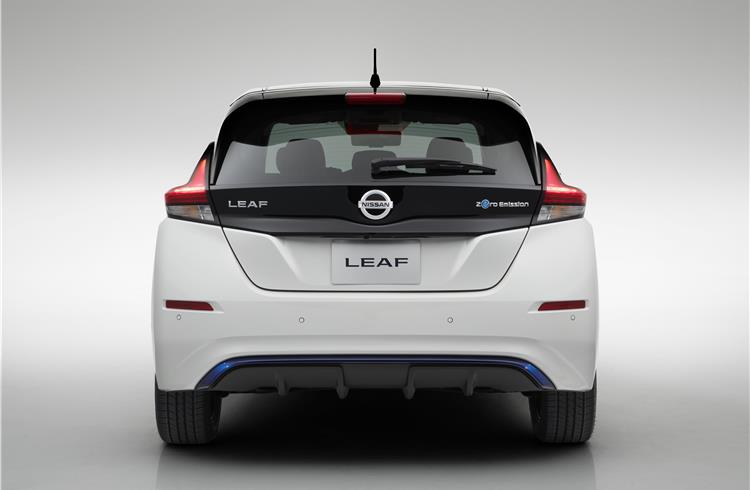
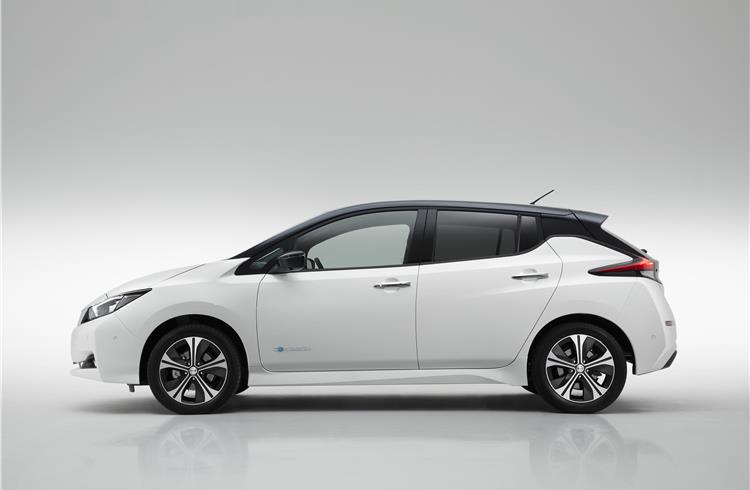
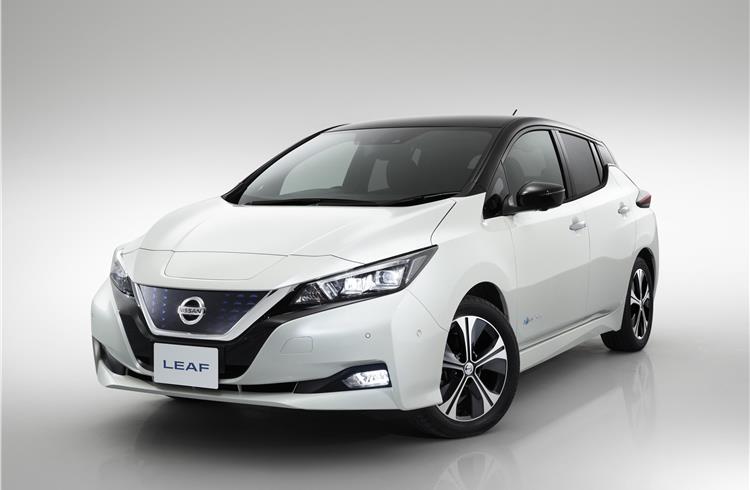
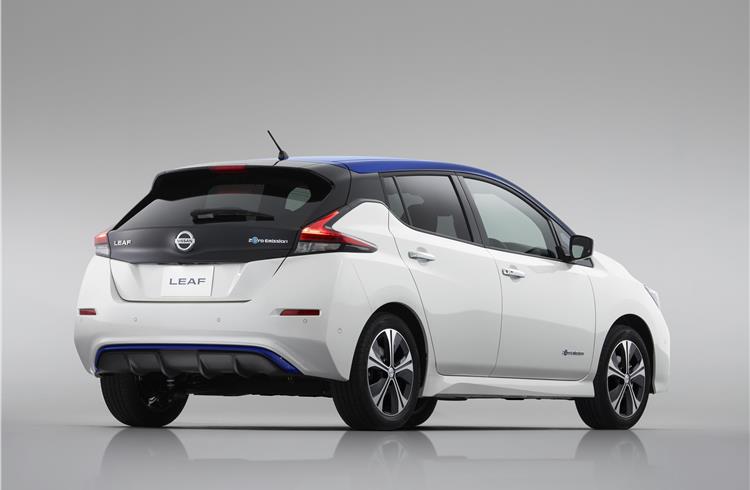
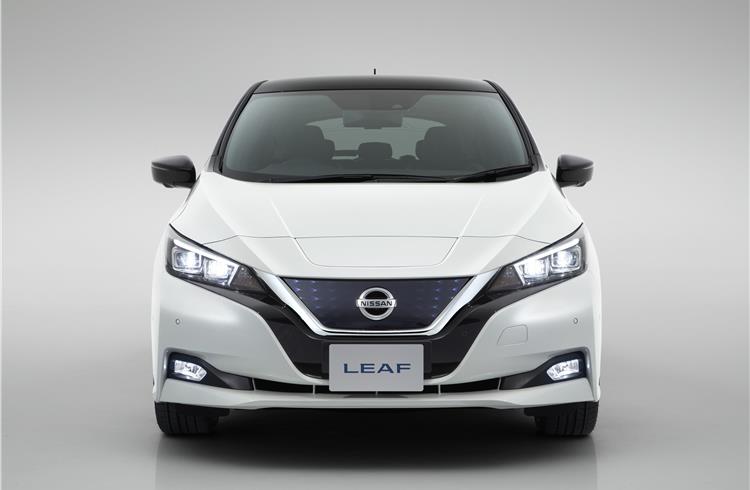
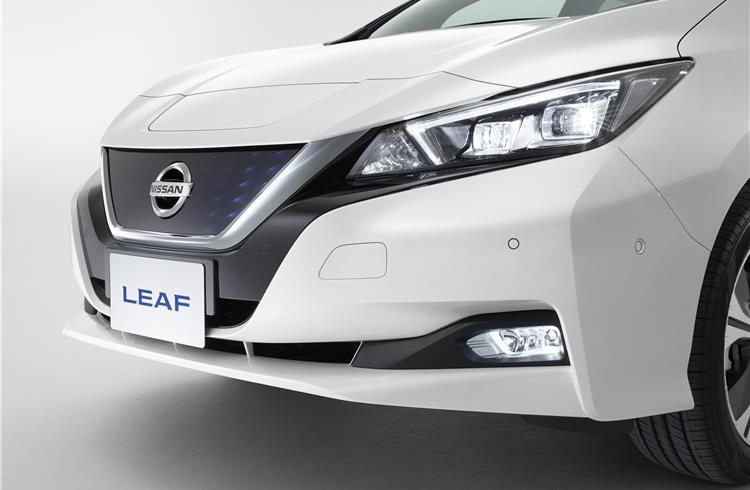
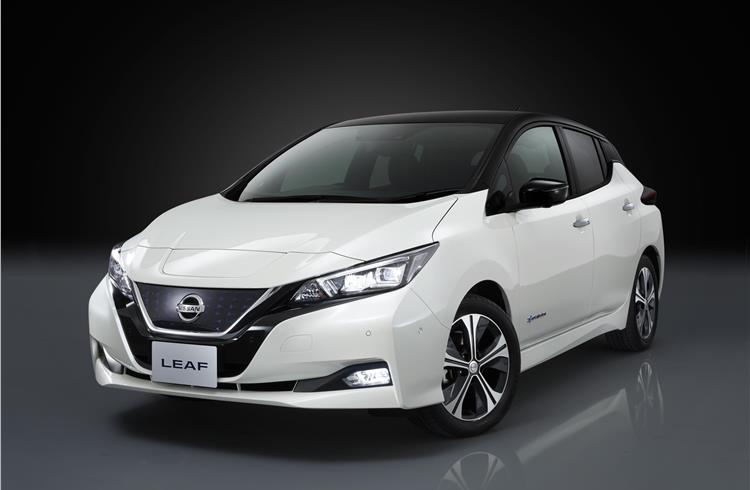
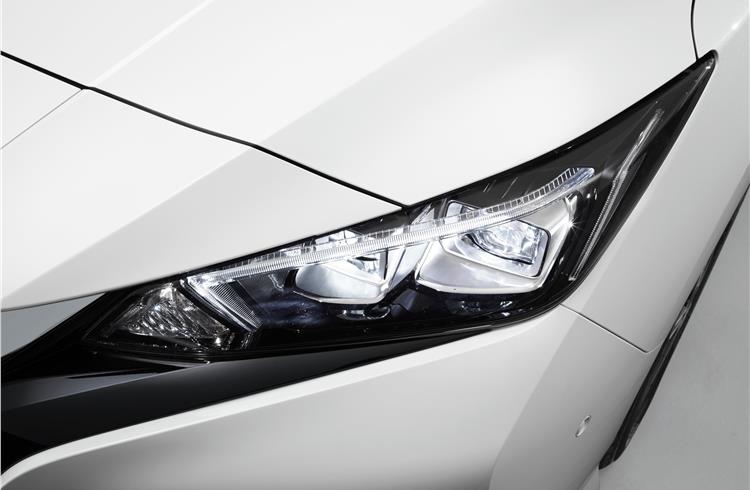
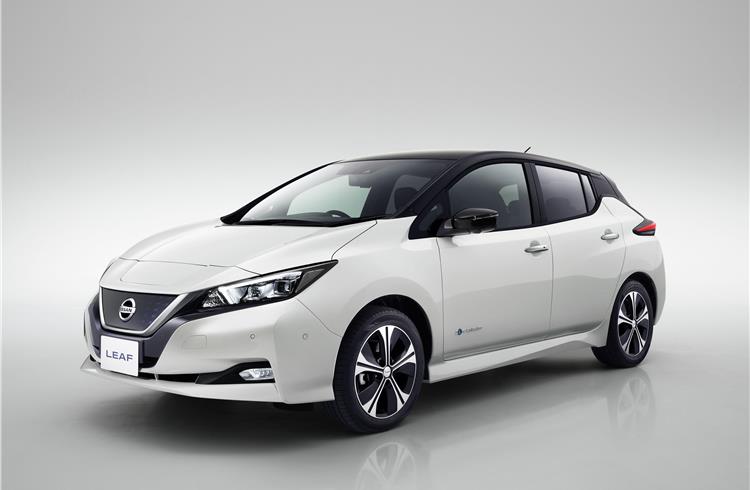
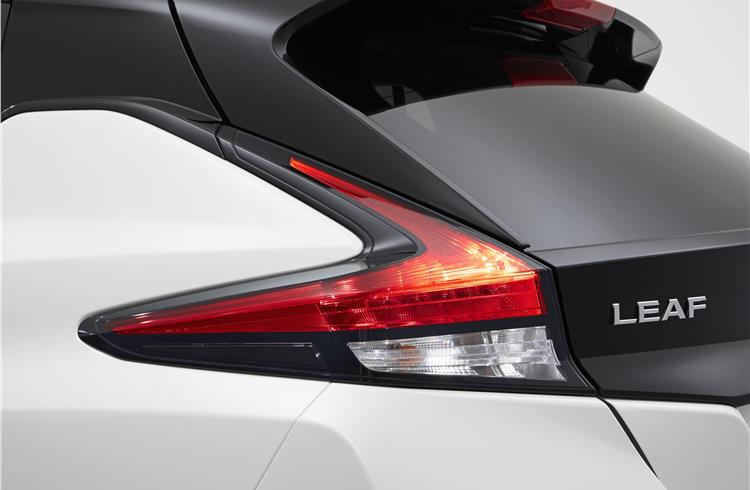
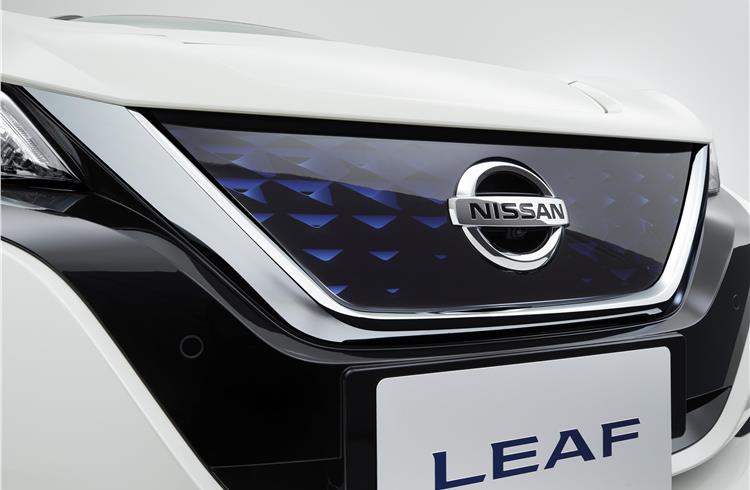
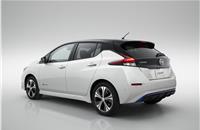
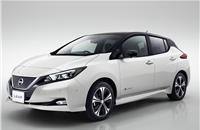
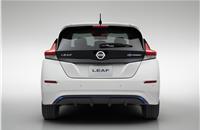
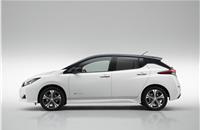
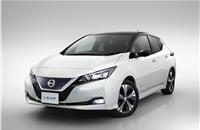
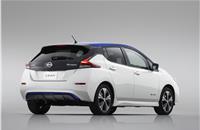
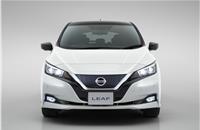
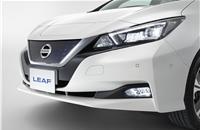
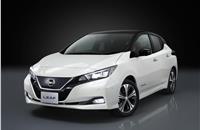
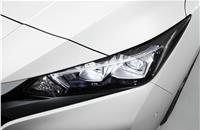
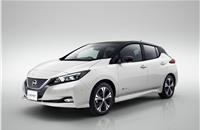
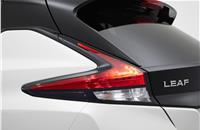
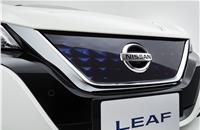

 Autocar Pro News Desk
Autocar Pro News Desk




